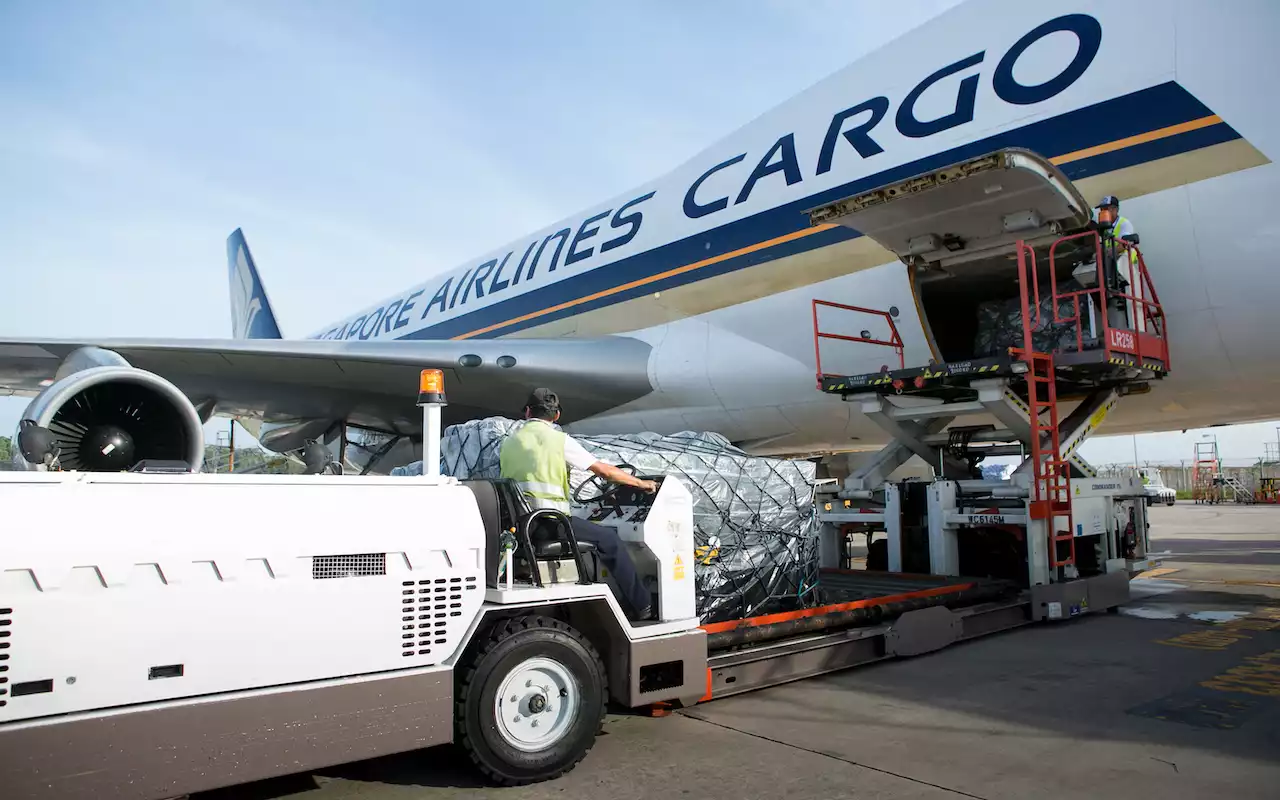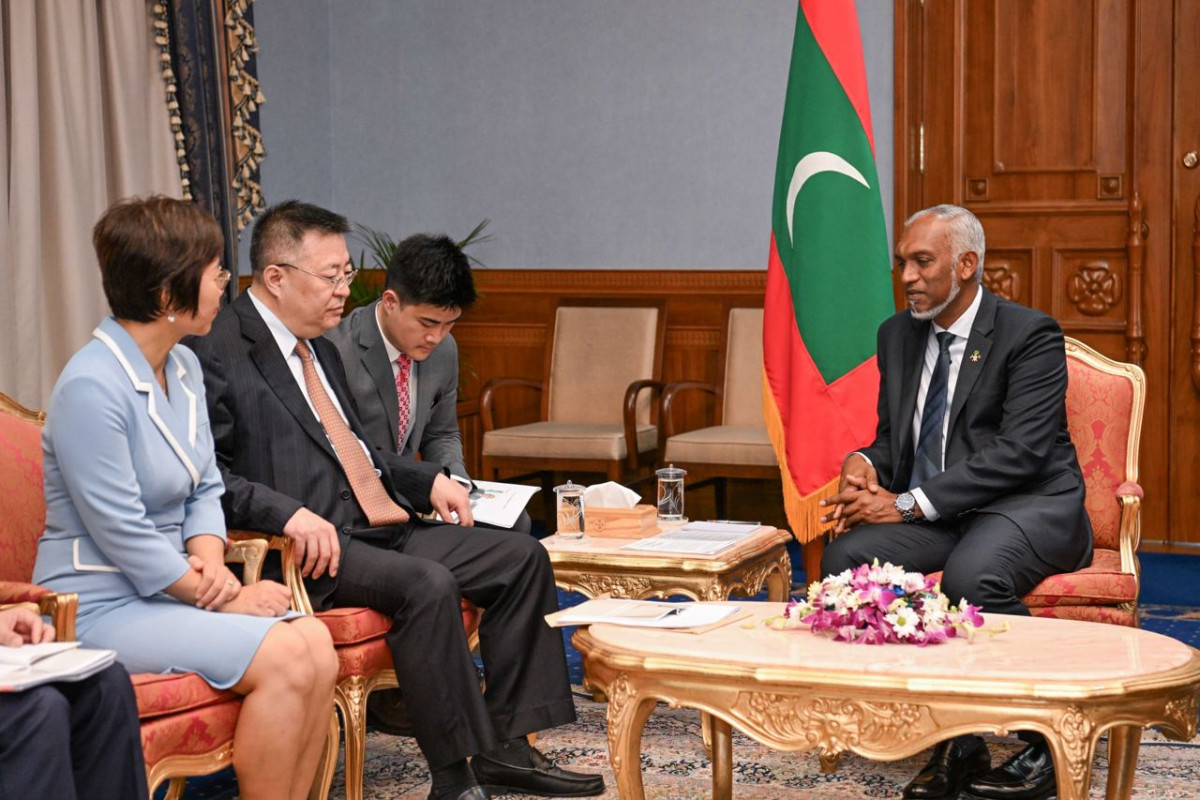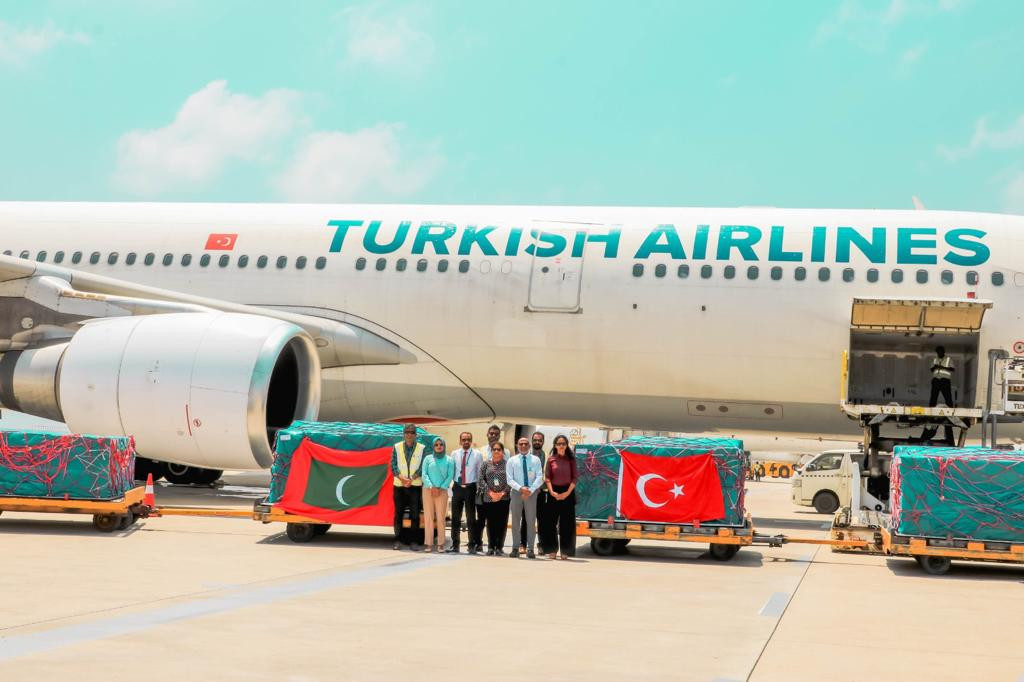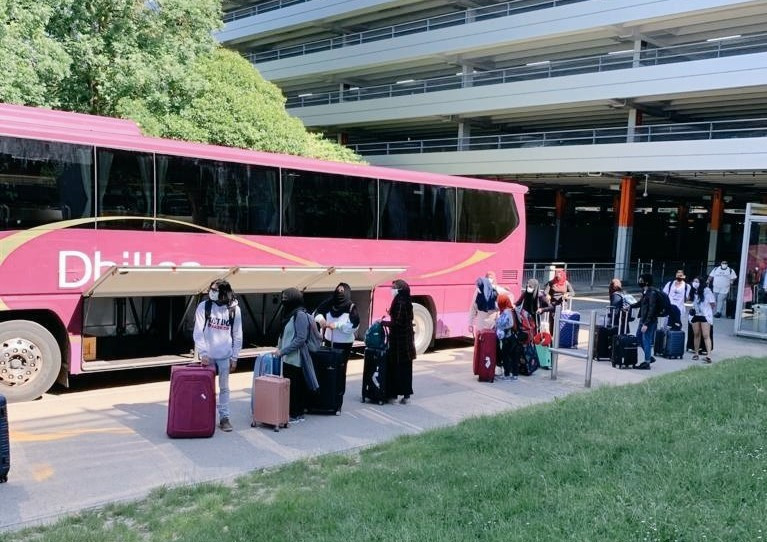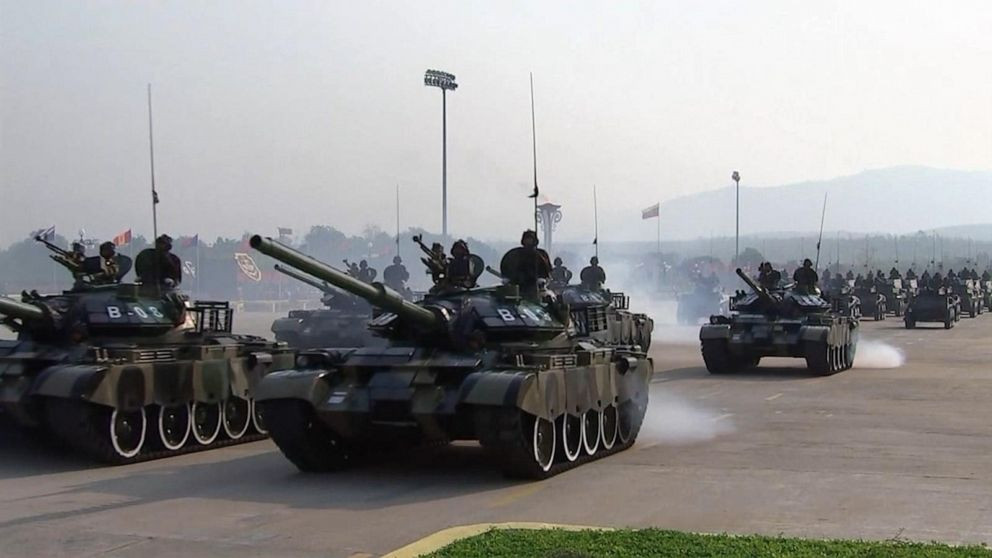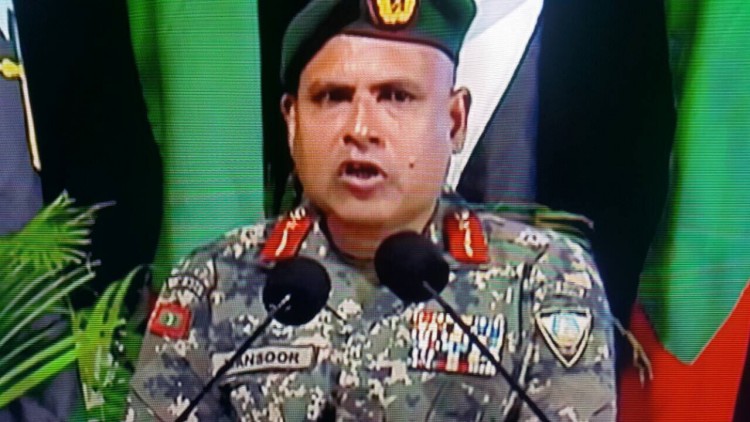Three displaced Maldivian girls; taken, abandoned and mistreated
12-year-old Aminath Yasra Abdulla, 10-year-old Aminath Nasra Abdulla and seven-year-old Mariyam Naura Abdulla have been in an orphanage in India for over a year
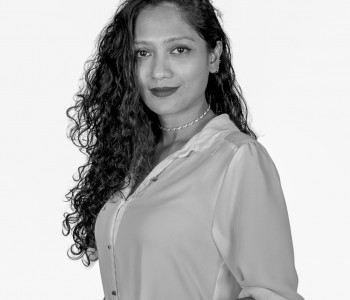
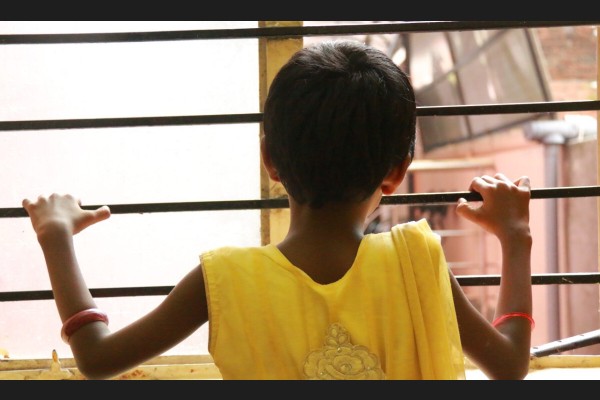
Basheer has longed for his family to be together for four years
Abdulla Basheer- native to Kanmatheege, AA. Ukulhas- left his island for India in 2000. It was a journey that opened a new chapter of his life. 22-year-old Basheer traveled to Kerala State’s Panathur district, where he fell in love with a 19-year-old woman. Not long after, they decided to get married and did so with the blessing of both their families. His marriage to Saeedh’Ali Fathima on November 22, 2000 was his first. Filled with joy, the hopeful newlyweds moved to Basheer’s home in Ukulhas. They began their new life together, surrounded by a loving family and friendly residents, in the island known for its fishing trade and scrupulous tidiness.
Basheer looked after their family with the income he received as a crewman on one of the island’s fishing vessels.
A photo from Basheer and Fathima's wedding
In 2004, the couple was blessed with their first child. By the time the girl grew to five years of age, she already had two sisters. They lived happily in the Maldives, and when the youngest child reached age four, Fathima, with the children, traveled to Trivandrum, on holiday.
It has been over three years since then. Trivandrum, where the foundations of his adult life were lain, has become a bitter place, harbouring the scathing echo of a family stolen from him. Basheer and his father Abdulla Naeem are now living in India, vehemently looking for a way to take his children back home.
Basheer's wife, Fathima
There was no reason for her to flee. Fathima and her husband were living a happy life in the Maldives. Until her departure to India, there was never even the suggestion of an issue between the two that was unsolvable. That a conversation and compromise could not have put to rest.
“We have been staying at a hotel called Rajwan near Murinjapalam junction ever since we came here to find the children” – Abdulla Naeem.
As he travels to Trivandrum: his marriage is in crisis, his children are lost to him, and he is struggling to hold out hope.
Basheer and his father, Naeem
Basheer and Naeem are up with the rising sun, continuing their daily search for a means to bring his three children back into Maldives. As the sun sets and the darkness of night settles in, they allow themselves to give in to their weariness and go to sleep with the hope that the next day will bring them better luck. They continue their work all throughout the day. Away from home and far from his craft, Basheer and his father have spent days scraping away just so that they can continue their search. These are all obstacles that Basheer’s and his father refuse to let diminish their perseverance.
“We are funding our search with our own money, that we make in hotels, restaurants, and on the streets. That is how we are doing it” – Abdulla Naeem.
This is Basheer’s story. However, his children’s story is even more heart-rending.
Basheer with his three children
In their mother’s birth-country, the three children have been facing utter destitution. They have been deemed orphans, despite both parents still alive and capable of providing for them.
Fathima, who on 13th December 2013 left for India with their three children, decided to flee with them. After having reached India with their three children, Fathima refused to return.
“She left during school break, before she left, she said she would return with our children for school before sessions start again. I had bought their books, I had gotten their uniforms prepared. I had it all ready. When I first started to realize when her intentions may have been something else, I pleaded with her. I told her that this would hurt their education. I told her I would have their tickets ready, and that I didn’t care if she sold hers, just send them back to me. And then she told me she didn’t want to come back, she didn’t want to live in the Maldives, or with me. That she won’t ever come back. That I would never see them again, that she would do anything to make sure of that” – Abdulla Basheer
She took their national identity cards and other documents.
“I told her that if she loses the passport or if it expires, then it would be a big problem for me. Then she said she had given it to someone for safekeeping. I asked if she had the right to do that. I told her she didn’t” – Abdulla Basheer
Basheer, desperate to put his family back together, was left with no choice but to beg Fathima to return with their children.
“When she didn’t go back, her husband came here to get her. Even then, she refused to go back. So, he returned to the Maldives. He came back again shortly and told her that the children’s visas are about to expire and to give him their passports. She said she wouldn’t. That she had given them to someone. So then both my wife and I came here, and after a lot of difficult searching, we were able to find her. But the children weren’t with her, and even for 15 days until we had to leave, we still couldn’t find the children. I had a long conversation with her, told her that the children’s visas have expired. Their passports are about to expire and that they are about to become illegal immigrants. She told me she was an Indian, that she didn’t need a visa.” – Abdulla Naeem
Maldivian Consulate Office in India, Trivandrum
“I asked her where my children were. She told me they were dead. I asked her never to say that. That it was untrue, and that their father knows that they are here” – Abdulla Basheer
Basheer begged her to return with the children, to provide them the love and care of both parents. However, Fathima turned a deaf ear to his reasoning and plea. Her response came with no uncertainty – she never wants to return.
“She didn’t have much of a reason to offer, just that she didn’t want to live live in Ukulhas or be with Basheer anymore. She said she wouldn’t allow them to return to the Maldives, even if she died or was killed. She just wouldn’t let it happen” – Abdulla Naeem
In the end, she changed her phone number and cut-off all contact with Basheer and her family-by-law.
“We didn’t get any information about them going to school or how they were living, and later we couldn’t even contact her. Even if we managed to get her number off of someone, a man would answer. He would refuse to put her on the phone” – Abdulla Naeem
Basheer's three children have spent a year in an orphanage in India
With no way of knowing where Fathima was with their daughters, he began to grow anxious. In addition to constantly pleading with his wife, Basheer was doing other work to bring his children back. He reached out to the Maldivian Consulate in India, as well other relevant institutions in the country. Despite the dejection, his love for his children was the impetus that continued to fuel his search. They were able to bring the matter to the attention of the Maldivian Consulate in India.
“When I came here in 2015, I went to an office of the Maldivian government here in India, a consulate I think it’s called. I spoke to them and they told me to write to a Maldivian court, and if they order so, the office will find and send them back” – Abdulla Naeem
The case was filed at the Family Court in 2016. The Maldivian justice system concluded that, due to a lack of laws on transferring children with mixed heritage between India and Maldives and the absence of any such agreement, there was nothing that could be done. Kept from justice, it was back to grief and longing for Basheer.
Basheer lived away from his family, haunted by thoughts of his children being deprived of their father. As he continued to hope for a future together with them, he got a call from India, in January 2017.
However, the call wasn’t from Fathima, but instead from her sister. She called to give him news that absolutely sent Basheer’s heart sinking.
“We finally heard in 2017, from her aunt who called us to tell us that the children were in poverty at an orphanage” – Abdulla Naeem
“When I first heard that they were at an orphanage, I couldn’t help but immediately think that they would be completely disturbed by now – both mentally and physically” – Abdulla Naeem.
The girls’ aunt told Basheer that she knew where his daughters were – isolated and mistreated in their mother’s native land.
This new information on the whereabouts of his daughters: 12-year-old Aminath Yasra Abdulla, 10-year-old Aminath Nasra Abdulla and seven-year-old Mariyam Naura Abdulla, made Basheer restless.
Basheer and his father Naeem galvanized their spirit and again submitted the case to all relevant institutions. They sought help from the Ministry of Gender and Family, Maldives Police Service, and the Ministry of Foreign Affairs, telling them that three Maldivians were being kept at an orphanage.
“I told government offices repeatedly that we were looking for our children, Maldivian children, registered here in the Maldives. Told them we were their family. Told them that we did not know what their lives are like now, if they are of our religion now, or whether or not they have not been sold off. Begged the state to help us in any way they can” – Abdulla Naeem
Basheer and his father are still in India, searching for a way to bring his children back home
The family’s appeal again did nothing as institutions failed to provide them with any assistance. Basheer was once again, run dry of options.
“I was surprised. I am a taxpaying citizen. Not one state institution lifted a finger to help. So, I honestly can’t believe that the current government has any respect for human values, or its citizens” – Abdulla Naeem
After failing to get any help from the authorities, Basheer and his father left to India to get his children out of the orphanage – ready to carry them out if necessary. They went to the Maldivian Consulate in India, and filed a complaint.
“So, after seeing no other way, under advisement from the Gender Ministry, my son and I came here to Trivandrum to find them. Her brother had given us some documents – their passport, I.D cards, and a school report card. So as soon as we landed, I went to the consulate office. Spoke to Ali Adam, the man in charge. Told him what I said earlier. He asked me to produce evidence of this and I showed him the documents. He looked at the report card and said, ’isn’t this a good school?’. And I told him, no, that I have enough information to believe they are being kept at an orphanage” – Abdulla Naeem
After having informed them of the three children, all Maldivian in nationality, were being kept at an orphanage in India, they summoned the mother, Fathima. She admitted to the Consulate officials that she had put their daughters there.
Fathima was told that the children could not be put in an orphanage while their father was yet alive, and asked that Basheer be taken to them.
“Fathima and her mother came in one auto (three-wheel drive) and both my son and Fathima’s brother were in another, along with another Indian man” – Abdulla Naeem
They were put there under the pretense that their father had passed away.
“When we arrived, the person in charge of the orphanage asked us what was going on. I told them that we were looking for our three children, that we have been told are kept here. They asked who the three children were. We showed them passports and the I.D card. Showed them Basheer, told them he was their father and I was their grandfather. I asked them why they, three Maldivian children with both parents alive, were being kept here. They told us that Fathima had written to them, telling them that the children’s father was dead” – Abdulla Naeem.
It was then that the handlers of the orphanage learnt that Fathima had deceived them. After four years of adamant searching, Basheer was finally able to lay eyes on his daughters, embrace them, and liberate them from their precarious circumstance.
Basheer's children on the day they were taken out of the orphanage
The orphanage where Basheer’s children had been living is located off of a remote village in Kerala State.
“From what I can recall, the orphanage was a far-off place in Kollam. Deep in a forest area, with no residencies anywhere near it” – Abdulla Naeem.
It took three hours for the RaajjeTV team to reach it from Trivandrum, in a three-wheeler. The only possible way for the team to enter the orphanage was under the guise of a well-wishing samaritan - there to offer gifts to the children in its care.
Given the hostility it displayed to outsiders, the team was forced to enter without any recording devices.
This place, that claims to hold itself especially to care and provide for children, had an air oppression and dread, not unlike a prison. It looked more like a place that forced harsh laws and suffering on those in its care.
“My impression of that orphanage was something like that jail in America, the one on the news, Guantanamo Bay. It was just so remote and so isolated” – Abdulla Naeem.
The orphanage where Fathima put her three children, on the pretence that their father had died
Basheer’s three children suffered there for a year. They washed their own clothes, and did other chores. If they broke a rule, they would be punished. Sometimes the children would be locked up. Sometimes they were beaten bloody.
“I can’t describe how I felt when I saw them. They had no flesh on their bones. They were so weak, so frail. Our seven-year-old had hair infected with lice, so her head had been shaved. The other two had scars all over their bodies. I left that place as readily as I went in. I took them with me, and went straight to the consulate office” – Abdulla Naeem.
There were marks and bruises on the children
Marks on their bodies reveal as much. There were blisters on their arms and legs. There were bruises on their wrists, seemingly from being tied up. There were also burn scars, possibly from having cigarettes or matches stubbed out on their skin.
There were marks and bruises on the children
The children could not speak or understand Dhivehi, however they were able to share their side of this bitter experience in Malhiyalham.
“I would wake up at dawn. I would pray and then go to Madrasa. When I’m done there, I would come back and then go to school. I have to attend my duty too. I clean the school’s hall and toilets. I mostly just spend the rest of my day praying and offering D’ua”- Yasra
“My name is Aishath Nasra, I wake up every morning and pray and go to Madrasa – that is where Muslim children go to learn about our religion. After that, I come home, take a bath, and go to school. I have duty too. They have a hall for Muslim students to pray in, that is where I have my duty. Everyone else at the orphanage also has to attend duty” – Nasra.
Their mental and physical weariness from years of abuse trickled through their words.
“When I saw them, I couldn’t help but cry. I couldn’t help but embrace them and hold them. I can’t describe it at all. It was one of the hardest moments of my life. They are my blood after all” – Abdulla Naeem.
Basheer's youngest child
“It killed me to see them that way at first. I have missed them so much. They are my children. I love them so much” – Abdulla Basheer.
Even if Basheer was able to get them out of the orphanage, he has yet to find a lawful means to bring his daughters home. Despite having witnessed first-hand how it was their mother that allowed them to be subject to such appalling conditions, the Consulate office saw it appropriate to hand guardianship to Fathima.
Basheer and his father, who had given so much in the pursuit of the girls, were enraged. They felt insulted that the Consulate office made such a decision despite clear evidence of abuse.
The case submitted by their father noting that his children were being tortured at an orphanage and that their passports and visas had expired, had ended in favor of the mother, the woman who had put them there in the first place.
When Basheer and his father told the officials that they wanted to take the children back to the Maldives, they refused. The officials threated to report Basheer to Indian authorities, if he were to try and take them back, and forced him to sign the document acknowledging the decision, officially allowing the Consulate to clean its hands off the case.
RaajjeTV has procured a document, allegedly the one Basheer was forced to sign at the Consulate office. It has neither the letterheads or the signatures indicative of an official state document. Such a document must have a state-emblem, as well as the name and signature of the individual who headed the investigation. Basheer and Naeem believe that they had been tricked by the Consulate office as well.
“That letter was an insult. It had no national stamps or emblems. It was something you’d hand to a cheat or fraud. Something that was as casual as a poem or song or something. It was just a real insult” – Abdulla Neem.
Basheer and his father are still in India, struggling even now to bring the girls home. Maldivian authorities have turned a deaf ear to, and utterly disregarded Basheer’s plight, and in doing so effectively deprived three innocent children of their right to a better life, and a father’s love. It has made the inhumane decision to keep the children with a mother who has been proven to be negligent, if not abusive herself.
Basheer's children have been in the orphanage for over a year
Do the girls deserve more suffering after all they have been through? Is the state not responsible for its people? Are they not children that have been issued Maldivian passports and national identity cards? It is not much pf a logical leap to believe that the state’s mandate is not just to issue these documents, but to protect and serve those that carry them. Is it not the state’s duty to ensure that the three children be provided a safe home conducive to healthy upbringing?
As Maldivians undoubtedly know, in cases such as this, it is of utmost importance to act fast, before it’s too late.
